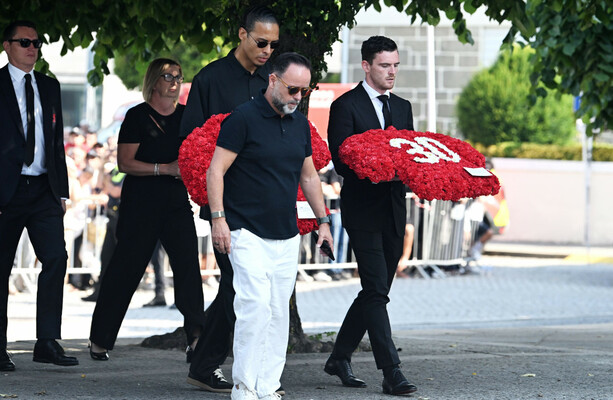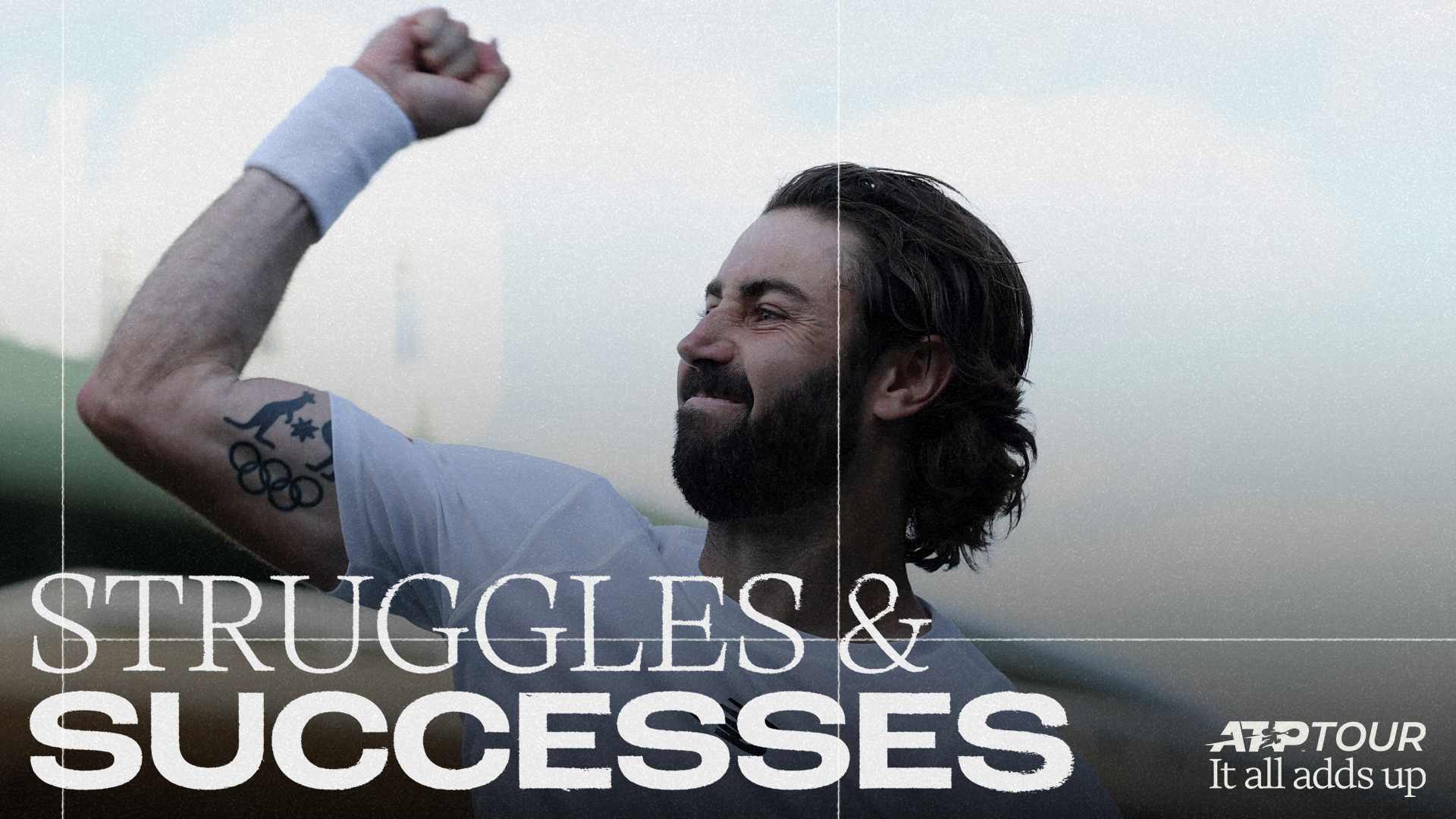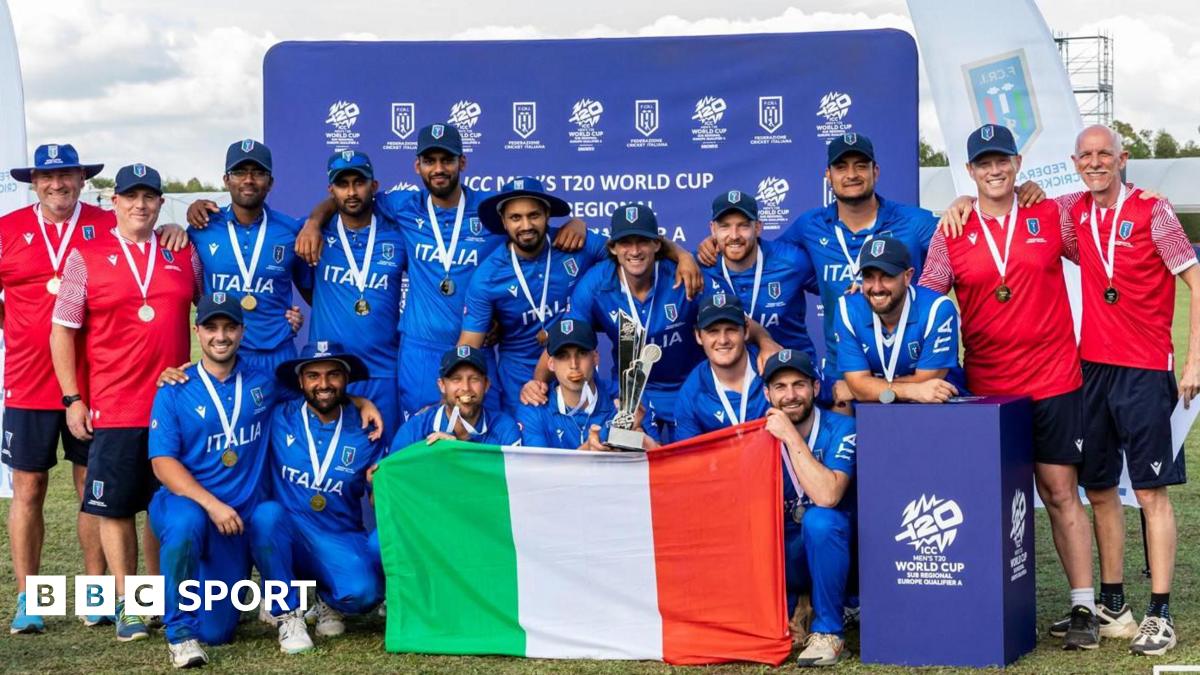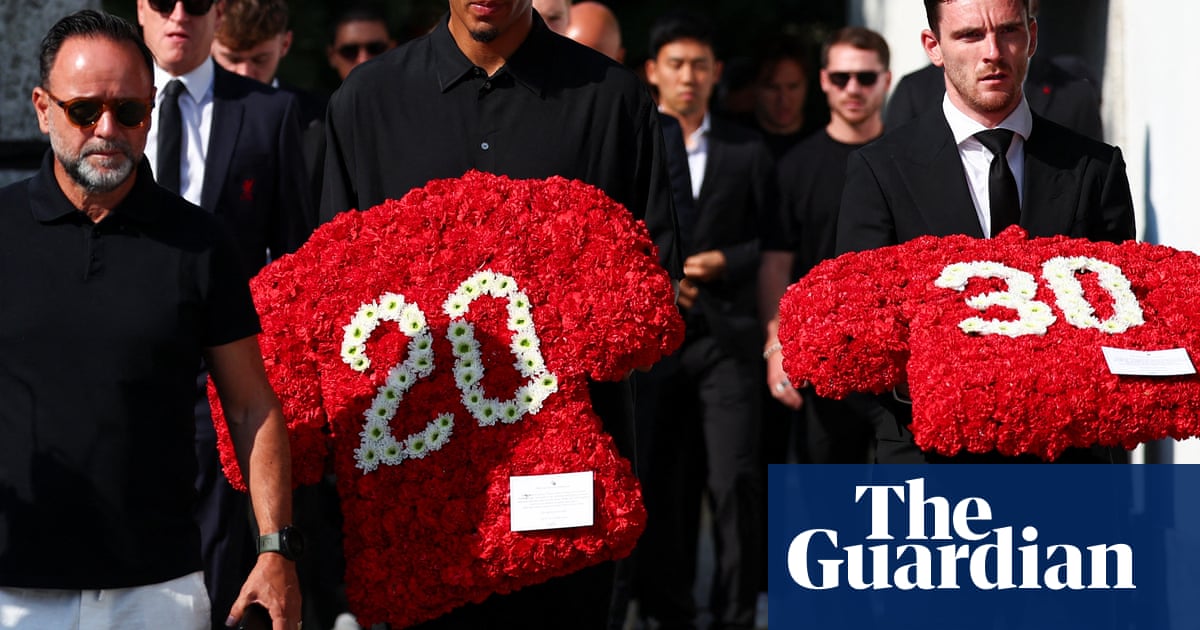Arsenal’s stance over Thomas Partey feels morally indefensible

This is an updated version of an article first published in July 2022.Three years ago, I wrote a column on the Premier League footballer we can now name as former Arsenal midfielder Thomas Partey being arrested on suspicion of rape.At that time, The Athletic could not name him. That has changed now he has been charged with five counts of rape and one of sexual assault, allegations which relate to three separate women who reported incidents which took place between 2021 and 2022 and which he denies.AdvertisementPartey has been under investigation since February 2022 and was first arrested in July that same year. The piece I wrote, published in July 2022, detailed why I felt the (then unnamed) club’s decision not to suspend him while he was being investigated over such serious allegations sent the wrong message to women.In the period since then he has been arrested, questioned by police and bailed seven times, all while he was helping Arsenal come desperately close to winning the Premier League title. He also played for Ghana at the 2022 World Cup.Last season he made a total of 52 appearances for Arsenal in all competitions. Despite his contract at the club expiring on June 30, his image was still present on the official Arsenal website on Friday morning, only being removed later in the afternoon following the news that he had been charged.While the primary concern here is for the alleged victims, the optics of today’s news could hardly be worse for Arsenal.Their decision to keep on playing him, coupled with the vocal support offered by manager Mikel Arteta — who described how happy he was for Partey after he scored the opening goal in Arsenal’s 3-1 win over Tottenham in October 2022 (“for what he’s been through and the injuries… I’m so happy for him, he deserves it”) — already left them open to criticism.Mikel Arteta regularly picked Thomas Partey (Justin Tallis/AFP via Getty Images)Now, that is compounded by the timing of the Crown Prosecution Service’s decision to charge Partey just days after the expiry of his Arsenal contract.Whether the club knew this development was coming or not, they are now facing difficult questions over the way they have handled this situation. And the brief statement they issued last night — “The player’s contract ended on June 30. Due to ongoing legal proceedings the club is unable to comment on the case” — does nothing to answer them.AdvertisementBack in July 2022, the club issued a lengthier statement about their decision to keep playing Partey. It read: “We’ve confirmed that the player denies the allegations and is on police bail… There have been no charges laid and the player can fulfil his professional commitments.”At the time, I was conflicted, weighing what appeared to be a reasonable legal position, particularly in light of the player’s denials, against the severity of the allegations and the fact that sport occupies such a powerful place in society.There is a part of my brain that still tries to rationalise Arsenal’s actions. Had they suspended him for all that time only for him to then be cleared — as may, of course, yet happen — would that have been fair, given the brevity of a professional footballer’s career?Might they also have been concerned about the potential legal ramifications? Last year, former Manchester City player Benjamin Mendy won his claim against the club over unpaid wages while he was facing criminal charges following allegations of sex offences. He was subsequently cleared of all charges.But morally and emotionally, I find it difficult to accept how the club has approached this situation.Even if you make the argument for Arsenal being wary of the legal ramifications of suspending Partey, what then can be made of their apparent desire to extend his contract beyond this summer? In April this year, The Athletic reported that the club had entered talks with the midfielder about a new deal. Given the ongoing investigation and allegations against him, this raises yet more uncomfortable questions.Arsenal have long led the way in championing the women’s game, and have traditionally been held up as a football club that “does things the right way”. Yet for the past three years, they have acted in a manner that raises so many questions about the moral compass of the game and how it really views allegations of sexual assault towards women.AdvertisementThey have acted in a way that has left many fans feeling uncomfortable and conflicted as they supported their team through the highs and lows of the seasons.They have acted in a way that simply has not felt right.On the eve of the 2022 Women’s European Championship, I spoke to UK TV presenter Gabby Logan about her relationship with the game and she said something that came to mind when I read Arsenal’s initial statement three years ago.Logan said: “Football reflects so many attitudes in society. Sometimes I think it reflects where we are as a civilisation in terms of attitudes and how important subjects like racism and homophobia are handled. If football treats it seriously, then it sends a really strong message.”What message does it send when a club basically says it’s ‘business as usual’ after allegations of rape are made? Does it say they are treating them with the seriousness they deserve? Does it send a strong message to their players, staff and fans about how they feel such allegations should be acted upon?Partey left Arsenal on June 30 when his contract expired (Justin Setterfield/Getty Images)Female players and members of staff at the club — including, potentially, in the medical team — will undoubtedly have to be around and interact with the player in question, as will others who no doubt will all know about the claims against him.I ask myself how I would feel in their situation. The answer is potentially uncomfortable.The club’s statement in 2022 said they take their “commitments and responsibilities seriously”, but their actions regarding the player we now can name as Partey suggested they did not treat the allegations made against him with the same level of seriousness.There have been other examples of clubs suspending players and members of staff after serious allegations. Mason Greenwood was suspended by Manchester United after being arrested in January 2022 on suspicion of attempted rape and assault, with charges subsequently being dropped. Another Premier League club suspended a player in 2021 after he was arrested on suspicion of committing child sex offences. That case was also dropped.AdvertisementThose two players’ club suspensions did not mean their employers were slapping a “guilty” verdict on them, but it did mean they were being seen as treating the allegations with the respect that they deserved. That they understood the implications and potential impact on the alleged victims and those around the accused. That they recognised the message their reaction sends to wider society.It should also be noted that Arsenal are not alone in their decision not to suspend a player facing sex offence allegations.Yves Bissouma, then of Brighton and now of Tottenham, wasn’t suspended when he was arrested under suspicion of sexual assault in Brighton in October 2021 (Bissouma was cleared of the allegation in June 2022).Yves Bissouma played on for Brighton despite facing sexual assault allegations. He was later cleared (Clive Brunskill/Getty Images)Nor was Mendy suspended after allegations of nine sexual offences against six women, until he was charged by police.These examples only serve to reinforce the flimsy message that football — and, specifically in the Partey case, Arsenal — have sent about its attitude towards allegations of rape and sexual assault. And they do little to quash the idea that the bar for players getting suspended is placed far too high.It’s not hard to imagine what would happen to a member of a club’s backroom staff if they were facing the same allegations. So, why is it different for a player?There’s one answer that immediately springs to mind, and it’s not one that should even be in the reckoning when it comes to such serious claims.Violence towards women and girls is happening in scary numbers. It’s an issue that the UK government has promised to tackle, but it’s also one that should force us to examine our own attitudes and actions when allegations are made, and the messages they are sending to those around us.And that includes football clubs.(Top photo: Stefan Koops/EYE4images/NurPhoto via Getty Images)









